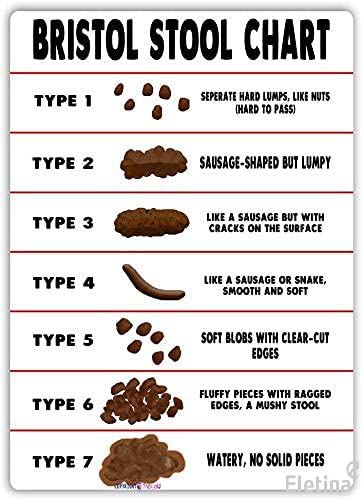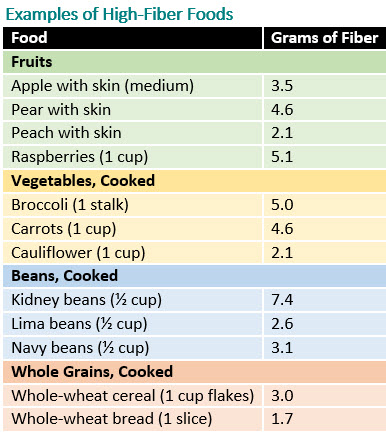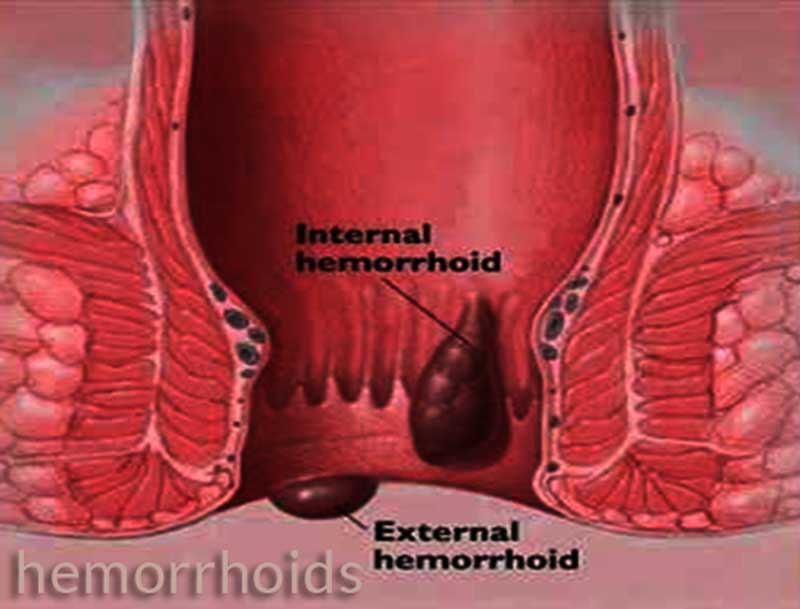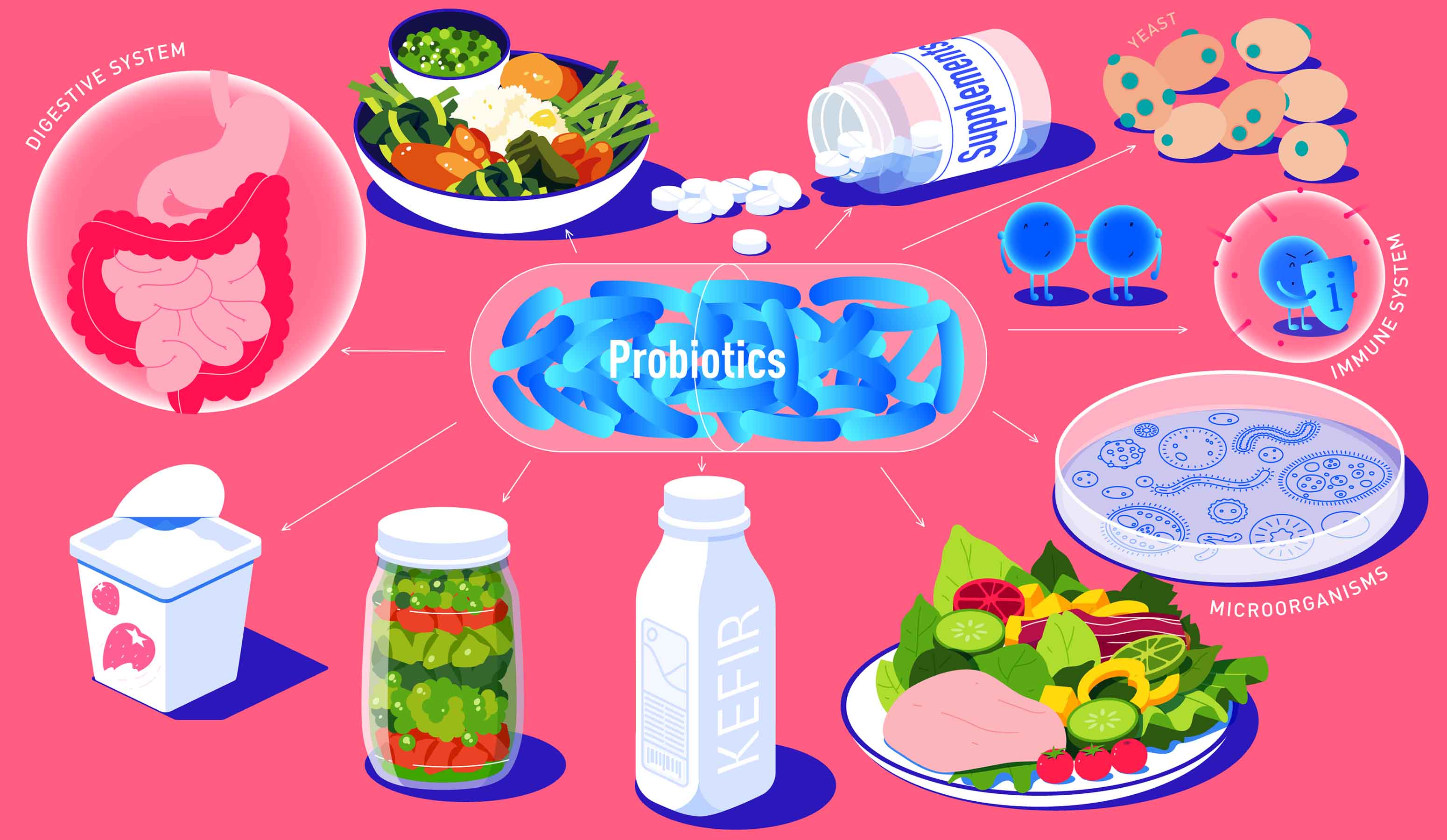10 Natural constipation remedies for infants
Are you worried that your infant is constipated?Constipation is a common problem in infants, and it can be frustrating for both parents and babies. But there are a number of Natural constipation remedies for infants that you can try to help relieve constipation in your infant. In this article, we will discuss the causes of constipation in infants, and we will provide you with some tips on how to use natural remedies to relieve constipation. We will also provide you with some resources that you can use to learn more about constipation in infants. So, if you are worried that your infant is constipated, read on for more information.
What is infants’ normal pooping like?
The Bristol Stool Form Scale (BSFS) is a chart that helps doctors and parents to assess the consistency of a person’s stool. It was developed by Dr. Ken Heaton in 1997 and has been widely used in clinical practice and research.
The BSFS has seven types of stool, ranging from hard and lumpy (Type 1) to soft and mushy (Type 7). The ideal stool is Type 4, which is described as “sausage-shaped, smooth and soft, with a well-defined edge.”
The BSFS can be used to assess the consistency of an infant’s stool. In general, infants’ stools should be soft and easy to pass. If an infant’s stool is hard or lumpy, it may be a sign of constipation. If an infant’s stool is loose and watery, it may be a sign of diarrhea.
Here is a brief description of each type of stool on the BSFS:

What causes of infants constipation?
According to the Mayo Clinic , constipation is a common problem in babies. It can be caused by a number of factors, including:
High Milk Diet: Milk and cheese are the only foods that, in high amounts, can cause constipation. This is because they are low in fiber and high in fat, which can slow down the digestive process and cause hard, pale stools. It is important to ensure that your child has a well-balanced diet that includes a variety of foods.
Low Fiber Diet: Fiber is found in vegetables, fruits, and whole grains. Fiber helps keep stools soft, bulky, and easy to pass. A diet low in fiber can cause hard, small stools, which can make it difficult for your child to pass bowel movements.
Low Fluid Intake: Dehydration can also cause stools to be dry and harder to pass. While this is rarely the only cause of constipation, it is important to ensure that your child is drinking enough fluids, particularly water, to help keep their stools soft and easy to pass.
Lack of Exercise: Exercise helps to stimulate bowel movements and keeps the digestive system moving. While lack of exercise is not a common cause of constipation in children, it can be a factor in some cases, particularly if a child is confined to bed for a long period of time.
Holding Back Stools Because of Pain: If passing a stool causes pain, many children will hold back the next one, which can lead to constipation. This can happen with a Strep infection around the anus or with a bad diaper rash or anal fissure (tear).
Holding Back Stools Because of Power Struggles: This is the most common cause of recurrent constipation in children. Most often, it’s a battle around toilet training. If they are already trained, it may begin with the start of school. Some children refuse to use public toilets or postpone stools because they are too busy to sit down.
Slow Passage of Food through the Intestines: Some children have a genetic predisposition to a condition called slow transit time, which means that food moves through their intestines more slowly than usual. This can lead to constipation and can run in families.
The symptoms of constipation in infants
Hard, dry stools: Hard, dry stools are a common symptom of constipation. They are caused by the colon absorbing too much water from the stool. This can happen if the colon is not moving stool through the digestive system quickly enough. Hard, dry stools can be difficult to pass and can cause pain and discomfort.
Straining to have a bowel movement:
Straining to have a bowel movement is when you have to push hard to pass stool. This can be caused by constipation, which is when the stool is hard and dry and difficult to pass. Straining to have a bowel movement can be uncomfortable and can lead to other problems, such as hemorrhoids and anal fissures.
Bowel movements that are painful or difficult to pass:
Bowel movements that are painful or difficult to pass may indicate constipation in infants. The stool may be hard and dry, which makes it harder for the baby to push out.
This can lead to straining, discomfort, and crying during bowel movements. Infants may also arch their backs or pull their legs up to their chest while trying to poop. In severe cases, this can cause small tears in the skin around the anus, leading to bleeding and more pain.
It’s important to address constipation in infants to prevent further discomfort and potential health complications.
Bowel movements that are smaller or less frequent than usual:
Infants who are constipated may have bowel movements that are smaller or less frequent than usual. They may also have fewer bowel movements than they used to.
Blood or mucus in the stool: In rare cases, constipation can cause blood or mucus to appear in the stool. This is usually a sign of a more serious medical condition, such as an infection, inflammation, or tumor. If you see blood or mucus in your stool, it’s important to see a doctor right away.
A bloated stomach: Constipation can cause the stomach to feel bloated and uncomfortable because the stool is not able to pass through the digestive system as quickly as it should. This can cause the stomach to feel full and distended, and it can also lead to pain and cramping.
Loss of appetite: Constipated infants may have a decreased appetite because they are not getting enough nutrients from their food. When a baby is constipated, it can be difficult for them to pass stool. This can make them feel full and uncomfortable, which can lead to a decreased appetite.
Vomiting: In rare cases, constipated infants may vomit. This is usually a sign of a more serious medical condition, such as an infection, inflammation, or tumor. If your baby is vomiting, it’s important to see a doctor right away.
10 Natural constipation remedies for infants
When it comes to constipation remedies, it’s best to let Mother Nature lend you a helping hand. Here are some natural remedies that can help relieve constipation.
We will discuss them following book “The Complete Guide To Constipation Relief Naturally ” written by Petra Ennis.
Increased fluids
Increasing fluid intake can be a helpful strategy to relieve constipation, as it can help soften the stool and make it easier to pass. Drinking plenty of water is one way to increase fluids, but other fluids can also be beneficial, such as fruit juice and herbal tea.

It’s important to note that certain fluids, can actually have a dehydrating effect and may worsen constipation. Such as
Alcohol: Drinking alcohol can lead to dehydration, as it increases urine output and can cause water loss through sweating. This can make constipation worse.
Caffeine: Caffeine is a diuretic, which means it can increase urine output and lead to dehydration. Coffee, tea, and soda are common sources of caffeine, and consuming too much of these fluids can worsen constipation.
Soda: Soda is often high in sugar and can be dehydrating due to its caffeine content. Additionally, the phosphoric acid in soda can interfere with calcium absorption and contribute to constipation.
Energy drinks: Energy drinks are often high in caffeine and sugar, which can lead to dehydration and worsen constipation.
Sports drinks: Sports drinks can be high in sugar and sodium, which can contribute to dehydration and worsen constipation.Therefore, it’s best to limit or avoid these types of fluids.
In addition to increasing fluid intake, it’s important to eat a diet that is high in fiber to help promote regular bowel movements. Good sources of fiber include fruits, vegetables, whole grains, and legumes. It is important to note that some fruits, such as bananas, are high in soluble fiber, while others, such as raspberries, are high in insoluble fiber. Both soluble and insoluble fiber are important for digestive health. Soluble fiber helps to soften the stool and make it easier to pass, while insoluble fiber adds bulk to the stool and helps to keep the digestive system moving.
Increased fiber
If your infant is constipated, there are a number of things you can do to help relieve their symptoms.
One of the best things you can do is to increase your infant’s fiber intake. Fiber helps to soften the stool and make it easier to pass. You can increase your infant’s fiber intake by adding high-fiber foods to their diet, such as:
Fruits: Pears, apples, bananas, prunes, Berries , Apricots, Avocados, Avocados, Citrus fruits, Figs, Prunes, Dates and peaches.
Vegetables: Peas, carrots, broccoli, and Brussels sprouts
Whole grains: Oatmeal, brown rice, and whole-wheat bread
Legumes: Lentils, beans, and peas

It is important to note that you should not give your infant too much fiber at once, as this can cause gas and bloating. Start by adding small amounts of high-fiber foods to your infant’s diet and gradually increase the amount as tolerated.
In addition to increasing your infant’s fiber intake, you should also make sure they are getting enough fluids. Fluids help to keep the stool soft and easy to pass. You can give your infant water, breast milk, or formula.
It is also important to note that Infants do not need any fiber until they are about 6 months old. Before that, they get all the fiber they need from breast milk or formula. Once they start eating solid foods, you can start adding small amounts of high-fiber foods to their diet. The amount of fiber you give your infant will depend on their age and how much they are eating.
Exercise
Exercise can help to relieve constipation in infants by stimulating the digestive system and helping to move the stool along. Here are some exercises that you can do with your infant:
Bicycle legs: Lie your infant on their back and gently move their legs in a circular motion, as if they are riding a bicycle. This can help to massage the abdomen and stimulate the bowels. You can do this for 1-2 minutes at a time, several times a day.
Tummy time: Place your infant on their stomach for short periods of time each day. This can help to strengthen the muscles in the abdomen and make it easier for them to push out a bowel movement. Start with 1-2 minutes at a time and gradually increase the amount of time as your infant gets used to it.
Walking: If your infant is old enough, you can take them for short walks. This can help to get their digestive system moving. Start with short walks and gradually increase the distance as your infant gets stronger.
Massage: Gently massage your infant’s abdomen in a clockwise direction. This can help to stimulate the bowels and relieve constipation. You can do this for 1-2 minutes at a time, several times a day.
It is important to note that you should not force your infant to exercise. If they are not interested, you should stop. You should also talk to your doctor before starting any new exercise program with your infant.
A warm bath
A warm bath can help relieve constipation in infants. The warm water can help to relax the muscles in the digestive tract and make it easier for the stool to pass. You can give your infant a warm bath for 10-15 minutes, several times a day. You can also add a few drops of essential oils to the bath water, such as chamomile or lavender, which can help to relax and soothe your infant.
It is important to note that you should not give your infant a bath that is too hot. The water should be lukewarm, about 100 degrees Fahrenheit. You should also supervise your infant at all times while they are in the bath.
Probiotics
Probiotics are live microorganisms (bacteria) that are similar to the “good” bacteria that naturally live in our gut. They are often called “good” or “helpful” bacteria because they can help keep our gut healthy. Probiotics can be found in some foods, such as yogurt and sauerkraut, or they can be taken as supplements.
There is some evidence that probiotics may be helpful for relieving constipation in infants. One study found that probiotics were effective in reducing the number of days of constipation in infants who were taking antibiotics. Another study found that probiotics were effective in reducing the severity of constipation in infants who had chronic constipation.
If you are considering giving your infant probiotics, it is important to talk to your doctor first. Probiotics are generally safe for most people, but there are some potential side effects, such as gas and bloating. Your doctor can help you determine if probiotics are right for your infant and can recommend a specific product.
Abdominal massage
Abdominal massage can be a helpful way to relieve constipation in infants. It can help to stimulate the digestive system and encourage the passage of stool.
To give your infant an abdominal massage, you will need to:
- Warm your hands by rubbing them together.
- Place your hands on your infant’s abdomen, one on either side of the belly button.
- Gently stroke your hands in a clockwise direction, making small circles.
- Continue massaging for about 5 minutes.
- If your infant seems to enjoy the massage, you can continue for longer.

Natural foods with laxative tract
There are a few natural foods that can help to relieve constipation in infants. These foods are high in fiber, which helps to soften stool and make it easier to pass. Some of the best natural laxative foods for infants include:
Prunes: Prunes are a great source of fiber and sorbitol, a natural laxative. You can give your infant prune juice, prune puree, or even whole prunes.
Figs: Figs are another good source of fiber and sorbitol. You can give your infant fig juice, fig puree, or even whole figs.
Dates: Dates are a good source of fiber and potassium. You can give your infant date juice, date puree, or even whole dates.
Apricots: Apricots are a good source of fiber and beta-carotene. You can give your infant apricot juice, apricot puree, or even whole apricots.
Peas: Peas are a good source of fiber and protein. You can give your infant pea soup, pea puree, or even whole peas.
Apple juice: Apple juice can be a helpful way to relieve constipation in infants. It is a good source of pectin, a type of soluble fiber that can help to soften the stool and make it easier to pass.
Prunes are the most effective natural laxative. If your child doesn’t like prune juice, you can mix it with apple juice. Apple juice is also a good laxative, but some kids need to drink 2 to 3 cups a day, which is a lot of sugar.
Here are some tips for giving your child natural laxatives:
1.Start with a small amount of juice or fruit, such as 2-4 ounces.
2.Increase the amount gradually, as needed.
3.Offer the juice or fruit with meals or snacks.
4.Avoid giving your child juice or fruit before bedtime.
Avoid constipating foods.
There are a number of foods that can constipate infants, including:
Dairy products: Cow’s milk can be constipating for some infants. If you think dairy products are causing your infant’s constipation, try eliminating them from their diet for a few weeks.
Refined grains: White bread, white rice, and white pasta are low in fiber and can be constipating.
Sugary drinks: Soda, juice, and sports drinks are high in sugar and can dehydrate infants.
Glycerin suppository
Glycerin suppositories are a type of laxative that can be used to relieve constipation in infants. They work by drawing water into the intestines, which softens the stool and makes it easier to pass. Glycerin suppositories are safe for most infants, but it is important to talk to your doctor before using them.
To use a glycerin suppository, wash your hands thoroughly. Remove the suppository from the wrapper and gently insert it into the infant’s rectum, pointed end first. Hold the buttocks together for a few seconds to help the suppository stay in place.
Glycerin suppositories usually work within 15 to 60 minutes. If your infant does not have a bowel movement within two hours of using a glycerin suppository, you should contact your doctor.
Karo Syrup for Infant Constipation
Karo syrup is a type of corn syrup that is often used as a sweetener in food and drinks. It is also sometimes used as a home remedy for infant constipation.
However, there is no scientific evidence to support the use of Karo syrup for infant constipation. In fact, some studies have shown that Karo syrup may actually make constipation worse.
What food to avoid?
Here are some more details about the foods that you should avoid giving your infant if they are constipated:
Dairy products: Cow’s milk contains lactose, a type of sugar that can be difficult for some infants to digest. This can lead to constipation. If you think dairy products are causing your infant’s constipation, try eliminating them from their diet for a few weeks.
Refined grains: Refined grains have had their bran and germ removed, which removes most of the fiber. Fiber is important for digestion, so a lack of fiber can lead to constipation. If you are giving your infant refined grains, try switching to whole grains instead.
Sugary drinks: Sugary drinks are high in sugar, which can dehydrate infants. Dehydration can lead to constipation. If you are giving your infant sugary drinks, try switching to water or unsweetened beverages instead.
Constipating fruits and vegetables: Some fruits and vegetables, such as bananas, applesauce, and cooked carrots, can be constipating for some infants. If you think these foods are causing your infant’s constipation, try eliminating them from their diet for a few weeks.
Rice cereal: Rice cereal is a popular first food for infants. It is made from ground rice and is often fortified with iron and other nutrients. Rice cereal is a good source of carbohydrates and calories, but it is low in fiber. This can make it difficult for some infants to pass stool, which can lead to constipation.
If you are giving your infant rice cereal, it is important to offer it with other high-fiber foods, such as fruits and vegetables. You can also try mixing rice cereal with other whole grains, such as oats or quinoa. This will help to increase the fiber content of the cereal and make it easier for your infant to digest.
Processed foods: Processed foods are foods that have been altered from their natural state. This can include foods that have been cooked, canned, frozen, or packaged. Processed foods are often high in sugar, fat, and salt, and low in fiber. These qualities can contribute to constipation.
Here are some examples of processed foods:
- Cookies
- Crackers
- Chips
- Candy
- Soda
- Juice
- Frozen dinners
- Canned soup
- Packaged pasta
- Packaged rice
High-fat foods: High-fat foods can be difficult for infants to digest. This can slow down digestion and contribute to constipation.
Here are some examples of high-fat foods:
- Fried foods
- Fatty meats
- Creamy sauces
- Full-fat dairy products
- Nuts and seeds
When to see a doctor

Here are some more details on when to see a doctor for constipation in infants:
Severe constipation: If your infant hasn’t had a bowel movement in more than a week, or if their stool is hard and difficult to pass, they may be severely constipated. Severe constipation can be painful and uncomfortable, and it can also lead to other problems, such as anal fissures or rectal prolapse.
If you’re concerned that your infant may be severely constipated, it’s important to see a doctor. They can help determine the cause of the constipation and recommend the best course of treatment
Constipation that does not improve: If your infant’s constipation doesn’t get better after trying home remedies for a few days, it’s important to see a doctor. A doctor can help figure out why your infant is constipated and recommend the best treatment.
Other symptoms:
If your infant is constipated and also has other symptoms, like vomiting, diarrhea, or a fever, it’s important to see a doctor. These symptoms could be a sign of a more serious medical condition.
For example, if your infant has a fever, it could be a sign of an infection. If your infant has vomiting or diarrhea, it could be a sign of a digestive problem.
If your infant has any of these other symptoms along with constipation, it’s important to see a doctor right away.
History of medical problems:
If your infant has a history of medical problems, like Hirschsprung’s disease or celiac disease, it’s important to see a doctor if they become constipated. These conditions can make it more likely for your infant to get constipated.
For example, Hirschsprung’s disease is a condition where the colon doesn’t develop properly, which can make it difficult for your infant to pass stool. Celiac disease is a condition where your infant’s body can’t digest gluten, which can also cause constipation.
If your infant has a history of any medical problems, it’s important to talk to your doctor about the risks of constipation and what you can do to prevent it.
Concern about your infant’s health:
If you’re worried about your infant’s health, it’s always best to see a doctor. A doctor can check your infant over and make sure they’re getting the care they need.
There are many reasons why you might be concerned about your infant’s health. Maybe they’re not feeding or sleeping well, or they’re not growing at the expected rate. Maybe they have a rash or a fever. Or maybe you just have a gut feeling that something isn’t right.
Whatever the reason, it’s always better to be safe than sorry. If you’re concerned about your infant’s health, don’t hesitate to see a doctor. They can help you put your mind at ease and make sure your infant is healthy and thriving.
In conclusion, constipation is a common problem that many infants experience. While it can cause discomfort and distress, there are natural remedies that can help alleviate the symptoms and prevent further issues. Increasing fluids and fiber, exercise, abdominal massage, and certain foods can all be helpful in relieving constipation.
However, it’s important to monitor your infant’s bowel movements and seek medical attention if necessary. If your infant is experiencing abdominal pain, vomiting, fever, or has not had a bowel movement in a significant amount of time, it’s important to contact a healthcare professional. By working with your healthcare provider and paying attention to your infant’s diet and bowel movements, you can help prevent and manage constipation, ensuring your infant stays healthy and comfortable.






























